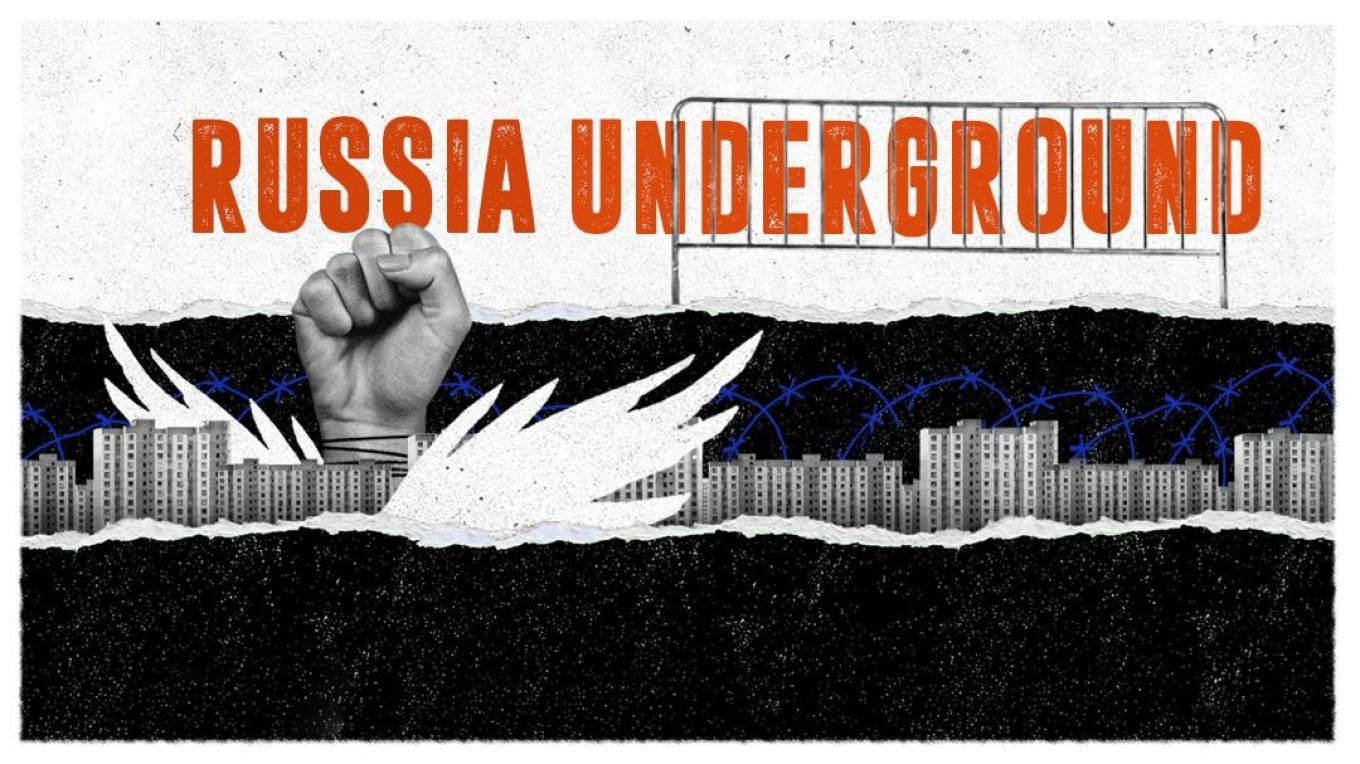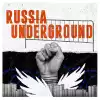
Russia Underground takes you on a journey to meet the Russians who continue to battle for free speech, artistic freedoms and basic human rights despite Putin’s brutal wartime crackdown.
Some independent journalists still operate in Russia, finding ways to get around wartime censorship and avoid jail. We look at the immense challenges facing independent journalism, which continues to cling on despite repression.
We spoke with journalists who have gone underground, use pseudonyms to evade government scrutiny and exercise self-censorship so as to be able to keep working.
In particular, we explore the emergence of what some have called a “new generation” of journalists — like Vera, a 21-year-old reporter from Belgorod, who covers the consequences of the war in Ukraine in her hometown.
A Message from The Moscow Times:
Dear readers,
We are facing unprecedented challenges. Russia's Prosecutor General's Office has designated The Moscow Times as an "undesirable" organization, criminalizing our work and putting our staff at risk of prosecution. This follows our earlier unjust labeling as a "foreign agent."
These actions are direct attempts to silence independent journalism in Russia. The authorities claim our work "discredits the decisions of the Russian leadership." We see things differently: we strive to provide accurate, unbiased reporting on Russia.
We, the journalists of The Moscow Times, refuse to be silenced. But to continue our work, we need your help.
Your support, no matter how small, makes a world of difference. If you can, please support us monthly starting from just $2. It's quick to set up, and every contribution makes a significant impact.
By supporting The Moscow Times, you're defending open, independent journalism in the face of repression. Thank you for standing with us.
Remind me later.






